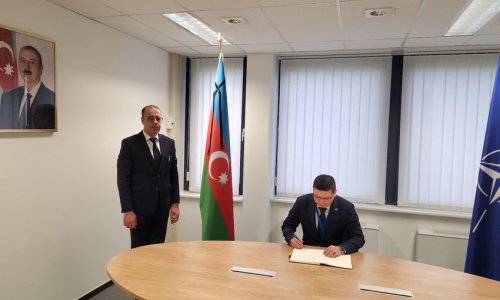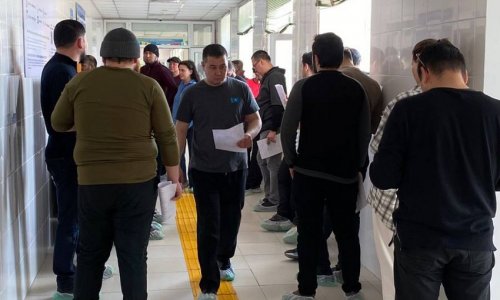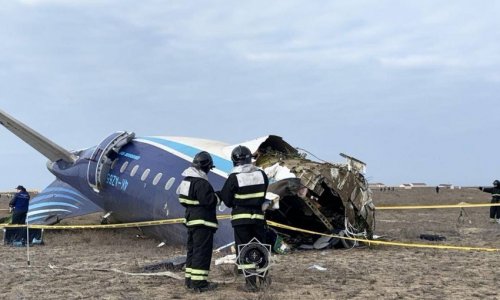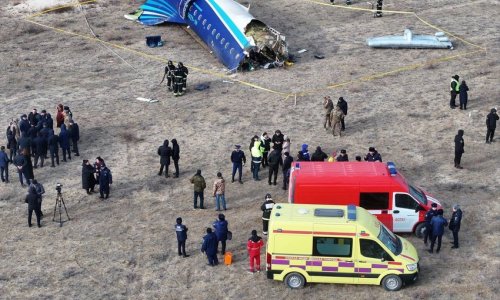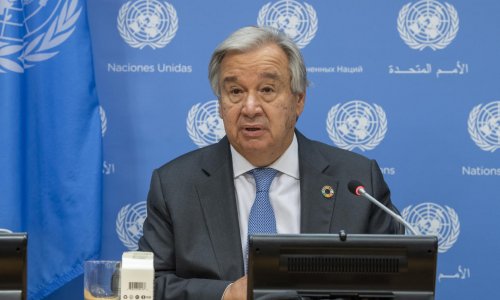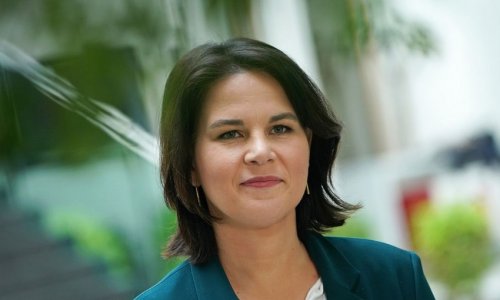Follow us !
First gay weddings in England
World
10:21 | 29.03.2014
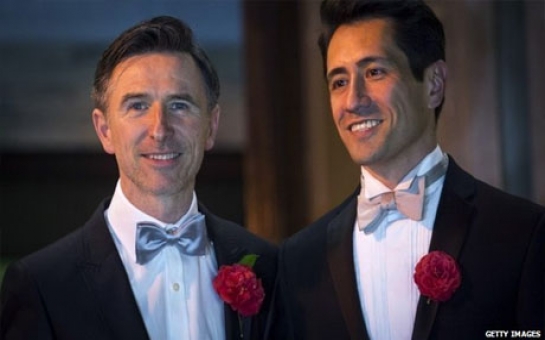
First gay weddings in England
The first same-sex weddings have taken place after gay marriage became legal in England and Wales at midnight, BBC reported.Politicians from the main parties have hailed the change in the law.David Cameron said the move sent a message that people were now equal "whether gay or straight", but some religious groups remain opposed.Scotland passed a similar law in February; the first same-sex marriages are expected there in October. Northern Ireland has no plans to follow suit.In an article for the Pink News website, the prime minister wrote: "This weekend is an important moment for our country."'Feels safer'"It says we are a country that will continue to honour its proud traditions of respect, tolerance and equal worth.The law change would encourage young people unsure of their sexuality, he added.Liberal Democrat leader Nick Clegg said "Britain will be a different place" as a result.He congratulated his party for being part of the reform, saying: "If our change to the law means a single young man or young woman who wants to come out, but who is scared of what the world will say, now feels safer, stronger, taller - well, for me, getting into coalition government will have been worth it just for that."Labour leader Ed Miliband congratulated those planning to tie the knot."This is an incredibly happy time for so many gay couples and lesbian couples who will be getting married, but it's an incredibly proud time for our country as well, recognising equal marriage in law," he said.However, he warned that the "battle for true equality" was not yet won.'We accept it'One of the first couples to take advantage of the change in the law got married at Islington Town Hall in London just after midnight.Human rights campaigner Peter Tatchell acted as chief witness at a packed ceremony as Peter McGraith and David Cabreza wed after 17 years together.Mr Tatchell said the couple and all the others getting married had "made history" and "made Britain a more tolerant, equal place".With a crowd of photographers, journalists and well-wishers waiting, the couple took the opportunity to highlight the international struggle for gay rights.But Mr Cabreza added: "From a global and political perspective it's great too, but for us it's also about us and our marriage."Archbishop of Canterbury Justin Welby said on Friday night the Church of England would now drop its opposition to same-sex marriage, as Parliament had spoken."The law's changed; we accept the situation," he told the BBC.There will now be two legal definitions of marriage, says the BBC's social affairs correspondent Reeta Chakrabarti - that recognised by the CofE and many other religious groups, and that recognised by the state."The Church of England believes marriage is between one man and one woman for life," the Bishop of Norwich, the Right Reverend Graham James confirmed."It's untidy for the law to have two definitions... but I think we can live untidiness."The law prohibits the Church of England from performing same-sex weddings, and allows other religious organisations to refuse to perform them.The CofE has urged clergy to support members of the congregation who are in same-sex marriages, but has ruled that priests themselves must not enter into one. The Roman Catholic church also opposes the change in the law.Some gay vicars, though, have said they are prepared to defy their bishops by insisting they have a right to marry.Among them is the Reverend Andrew Cain, who said the Church was entering uncharted territory, but he would not be "frightened" out of doing what he believed was right.Mr Cain, who plans to marry his partner in the summer, said he intends to do so whether the Church approves or not."It is more important to do what is right than to be frightened into not doing what I believe to be true."And I won't be frightened by what the possible consequences are for me. I could lose my job, absolutely. Lose my job, my home and my place."Long-term couple Teresa Millward and Helen Brearley plan to get married on Saturday morning.The pair, who will wed in Halifax, have not had a civil partnership because they believed it did not offer the same rights as marriage."The certificate we get on the day will be the same as the certificate that my dad has with his wife, that my mum has with her husband, that my brother has with his wife and that my sister has with her husband," Ms Millward said."There will be no difference, so in that case, there is true equality."A BBC survey found a fifth of British people would turn down an invitation to a same-sex wedding - a finding the Roman Catholic group Catholic Voices suggested meant people remained "deeply uncomfortable" with the move.ANN.Az

